What is the impact of PSD2 on the platform economy?
Every two months, CEO of Online Payment Platform and President of VBIN (Verenigde Betaalinstellingen Nederland) Maurice Jongmans, is writing an article for Emerce. As payment Innovator, he wrote an article about the impact of PSD2 on the platform economy.
With the rise of the platform economy, the number of trading platforms and marketplaces is growing fast. More and more websites are bringing supply and demand together, both from individuals among themselves as well as businesses with consumers. Although the link with financial regulation is not immediately obvious, it is definitely there and the impact for these platforms can be massive.
PSD2
Since February 2019, the new financial regulation is operating in the Netherlands. This regulation is coming from Europe and is also referred to as the 2nd Payment Service Directive, in short PSD2. This directive has already been implemented in the Dutch law. The most important goal of this regulation is to promote innovation and increase the security of the payment environment. The new legislation includes several crucial changes. The changes with the highest impacts on consumers and businesses are:
Access to the account
Banks must provide third parties with access to bank accounts of consumers and businesses. These third parties require a license of the national supervisory authority (in the Netherlands: De Nederlandsche Bank). With this license, transaction details could be viewed and payments could be initiated on behalf of the account holder. These services are also referred to as payment initiation (Payment Initiation Services) and account information (Account Information Services).
Strong Customer Authentication (SCA)
All access to payment services must include SCA. This means that before a payment service is carried out, extensive security is required on the identity of the client. A combination of two elements is required; something you know, something you are, something you own. An example is a card (something you own) with a pin code (something you know), but also an app op your registered phone (what you own) and your fingerprint (what you are). Almost everywhere this has already been arranged. But especially for credit card payments there is a poorly arranged authentication process. Therefore, Europe postponed the SCA guidelines for credit card payments until December 31st, 2020. Many sellers and webshops are now provided with enough time to implement SCA.
Scope enlargement
Previously, companies solely required a license if its main activity was to provide payment services. The new regulation changed this. For this reason, trading platforms and marketplaces (the building blocks of the platform economy) that are processing third party payments do not fall under an exemption anymore. These would need a license as payment service provider (PSP). Instead, the option to avoid third party payment processing yourself is certainly possible by outsourcing the payment services to a platform-PSP.
The last modification in particular is often overlooked. With the introduction of the new regulation, many marketplaces and trading platforms that have been processing the payments themselves for years must require a license. Many marketplaces and platforms do not or inadequately realise this. Since a license for a payment service provider entails many organisational and financial consequences, outsourcing provides a great alternative for platforms.
Platform-PSP
Not every Payment Service Provider (PSP) is able to facilitate payment services for a (trading) platform or marketplace. A platform is not similar to a webshop. A webshop has solely one seller, whilst on a platform there are hundreds. You can only outsource payment services to a PSP that arranges the regulatory Know Your Customer (KYC) processes of all sellers or suppliers on the platform. Besides that, the PSP must be in possession of specific licenses. For example iDEAL, if the platform facilitates consumer-to-consumer payments.
What about the agent exemption?
Frequently discussed is the so-called “agent exemption”, which is also often misunderstood. This exemption could be utilised under certain circumstances and payments can be processed without a license is required.
The decision tree in this article enables you to identify when an agent exemption is applied. Only if your platform is acting on behalf of one of the parties with the platform responsible for risks and costs, there could be spoken of an agency. Hereby the platform must for example be able to determine the (selling) price. It is not an exemption for nothing, in most cases the platform probably will not be able to make use of it.
Enforcement
The enforcement on this regulation is with the DNB (De Nederlandsche Bank), which is the national supervisory authority on payment institutions. DNB has already announced to enforce trading platforms and marketplaces. The application process of a license quickly takes up to six months and it is much work to adapt business processes. Many platforms must get started to comply with this legislation on short term.
Read the entire article on Emerce (Dutch)

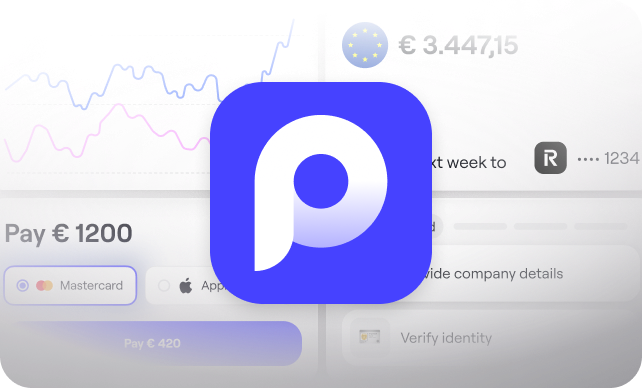
.svg)
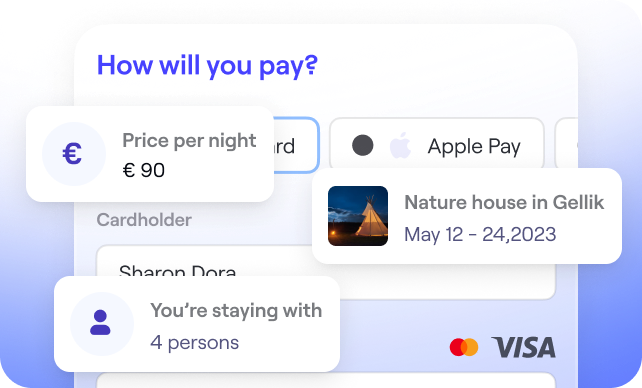
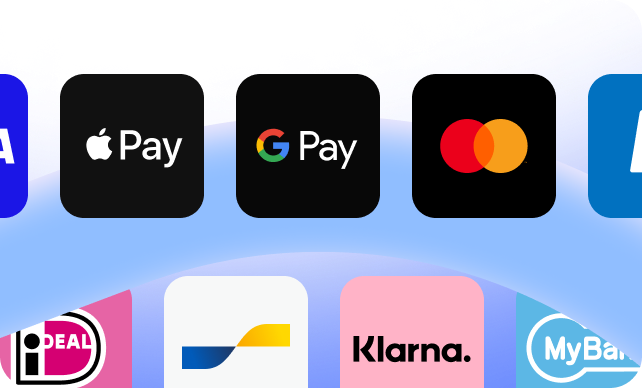

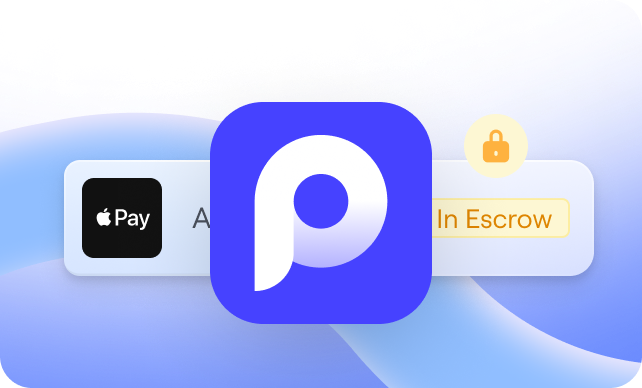

.svg)
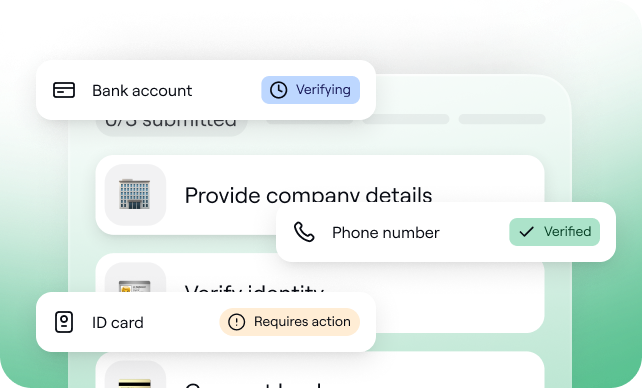
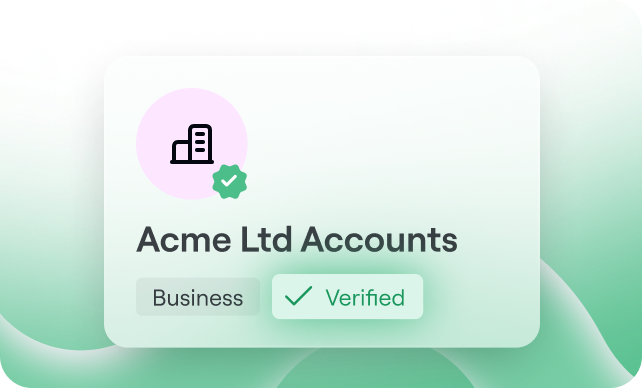
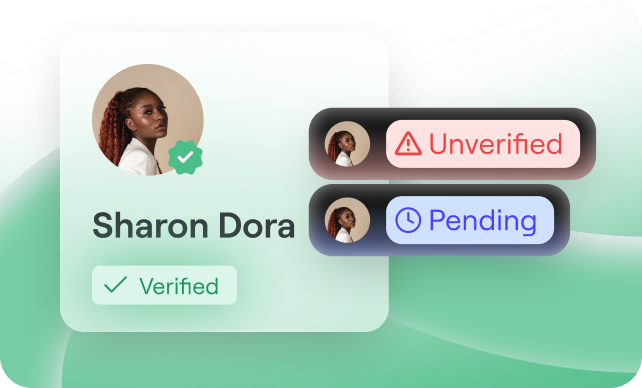
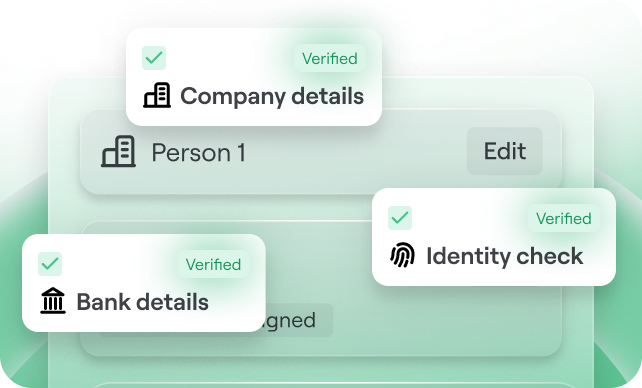
.svg)
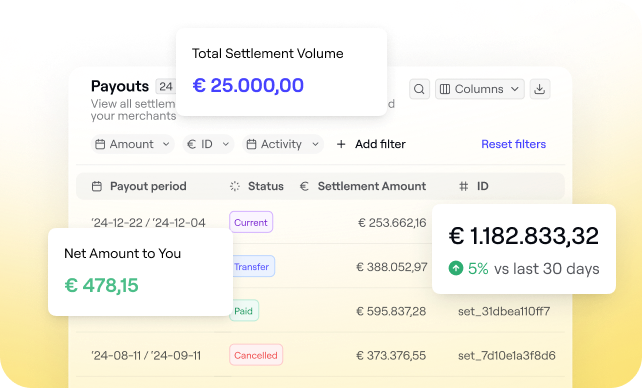
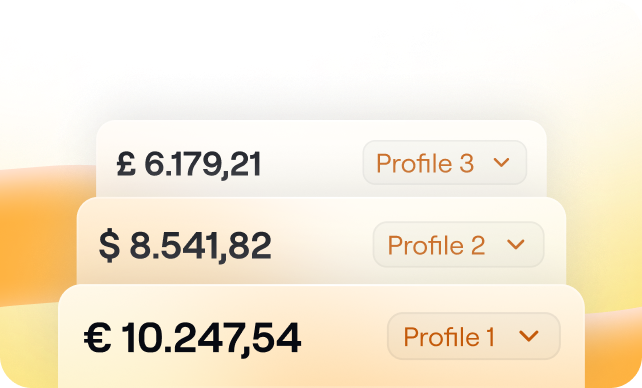
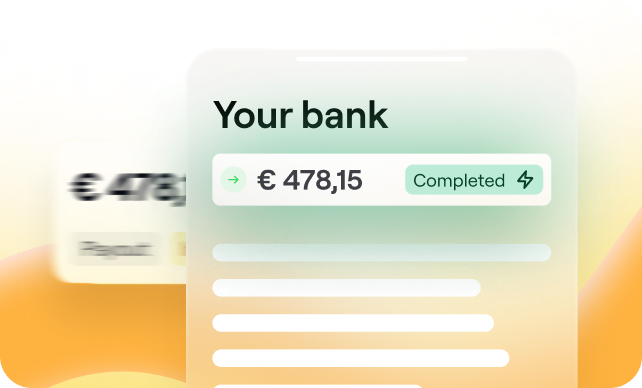
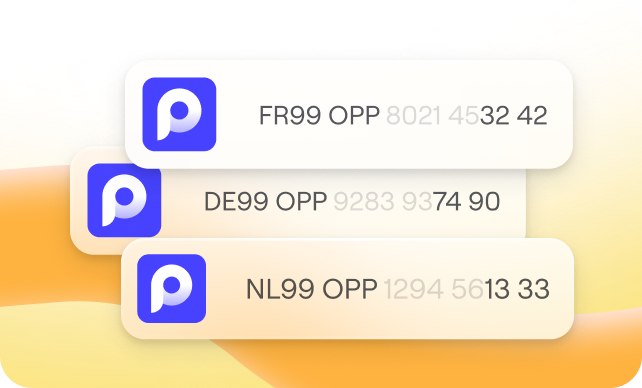
.svg)
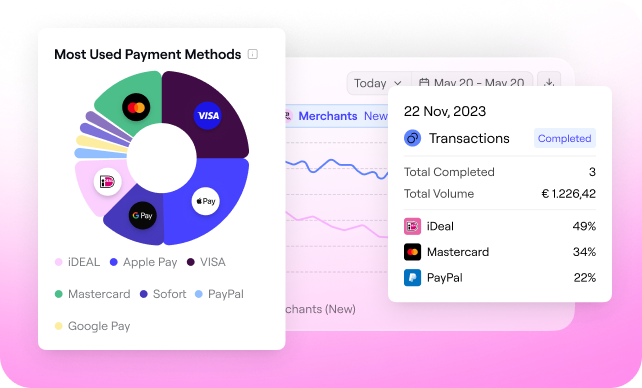
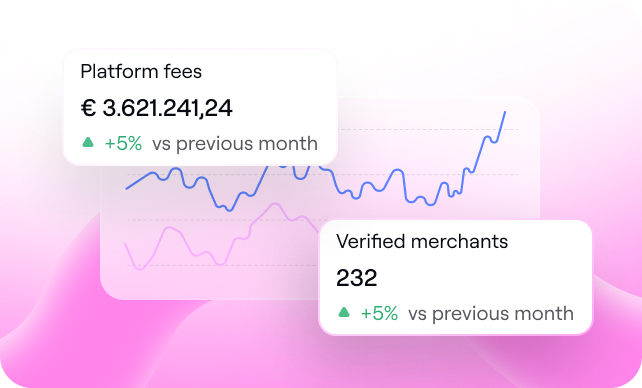
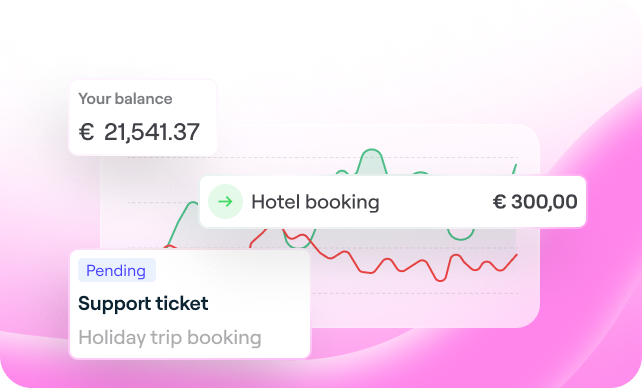
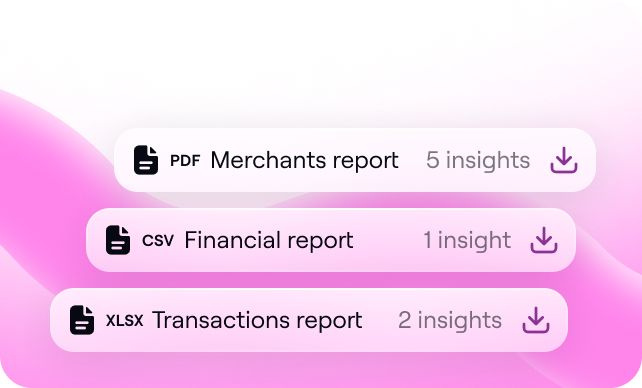
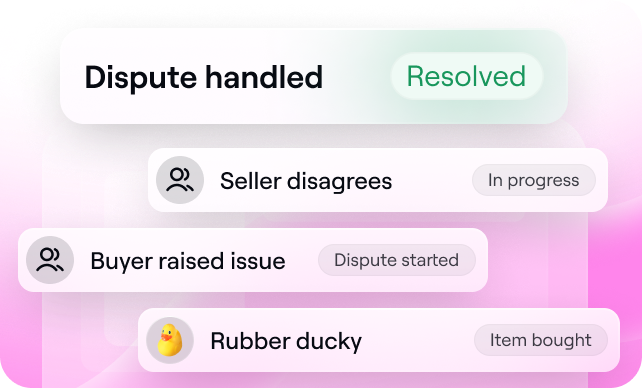






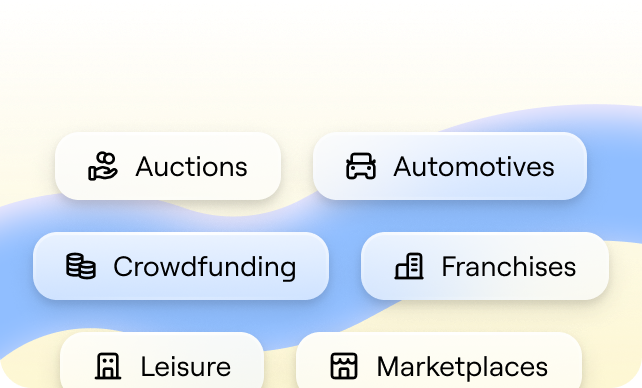
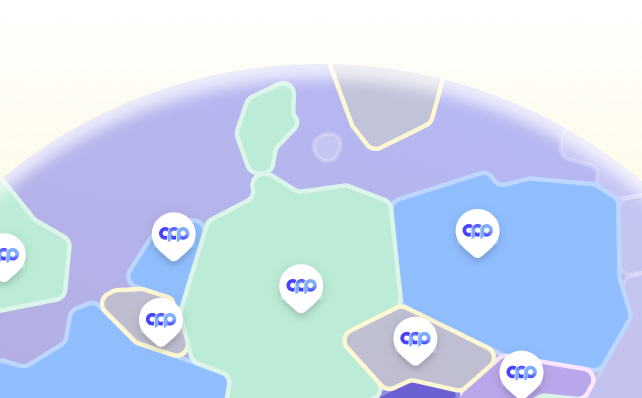






%20(1).png?width=1300&name=Copy%20of%20Copy%20of%20Blog%20post%20(1620%20x%201080%20px)%20(1).png)



.png)
.png?width=75&height=51&name=Worldline%20(2).png)